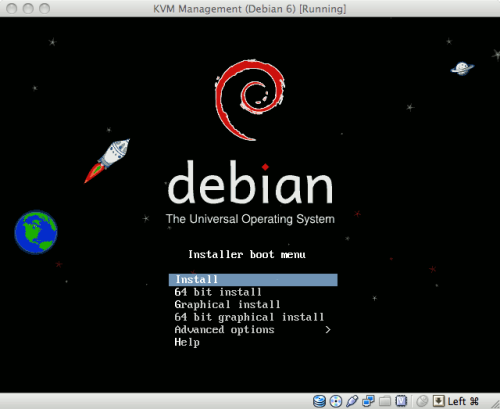In what can only be described as a major achievement for the Linux community, the International Space Station has made the decision to switch dozens of Windows XP-running laptops over to Debian 6 for the purpose of supporting the ISS crew with a wide range of capabilities for day-to-day operations, including location tracking, inventory control, interfacing with cameras, and more.

(Via)
“We needed an operating system that was stable and reliable — one that would give us in-house control,” said Keith Chuvala, the United Space Alliance contractor manager involved in the switch. “So if we needed to patch, adjust or adapt, we could.”
Chuvala is specifically referencing that Linux is an open-source operating system. This means that a community overseeing a Linux distribution like Debian 6 can issue quick notices and patches.
How much faster is a Debian issue addressed than Windows? The operating system’s site claims that mail sent over to the mailing list are addressed in 15 minutes or less . . . by the individuals who actually developed the program.
What’s more, according to the Debian site, their bug-tracking system is open as well, and the group encourages users to submit bug reports, to which Debian will follow up with them once the bug’s been closed. “We don't try to hide the fact that software doesn't always work the way users want,” according to the site.
That the ISS is now getting on the Linux bandwagon likely stems from 2008, when station computers were infected by the Gammina.AG. Virus after an astronaut brought an infected USB into orbit. The virus quickly spread and infected other computers on board.
Chuvala and NASA were responsible for making the decision to switch over to Debian. Once the decision was made, the Linux Foundation stepped in with two specially tailored classes for the ISS staff —Introduction to Linux for Developers, and Developing Applications for Linux. The purpose of the classes was to ready staff for the future development of apps specifically as they relate to the needs of the ISS.
“Things really clicked after we came to understand how Linux views the world, the interconnectedness of how one thing affects another,” Chuvala said in regard to the training. “You need that worldview. I have quite a bit of Linux experience, but to see others who were really getting it, that was exciting.”
Story via: linuxfoundation.org
Advertisement
Learn more about Electronic Products Magazine





